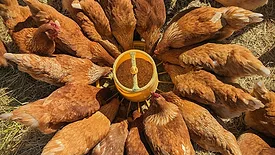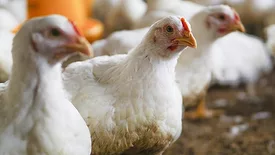Meat/Poultry
Predictive Models for Ensuring Meat Safety and Quality
As more plant-based meat alternatives enter the market, the need for predictive models to predict the safety and shelf life of these products grows
February 17, 2025
Never miss the latest news and trends driving the food safety industry
Newsletters | Website | eMagazine
JOIN TODAY!Copyright ©2026. All Rights Reserved BNP Media.
Design, CMS, Hosting & Web Development :: ePublishing











